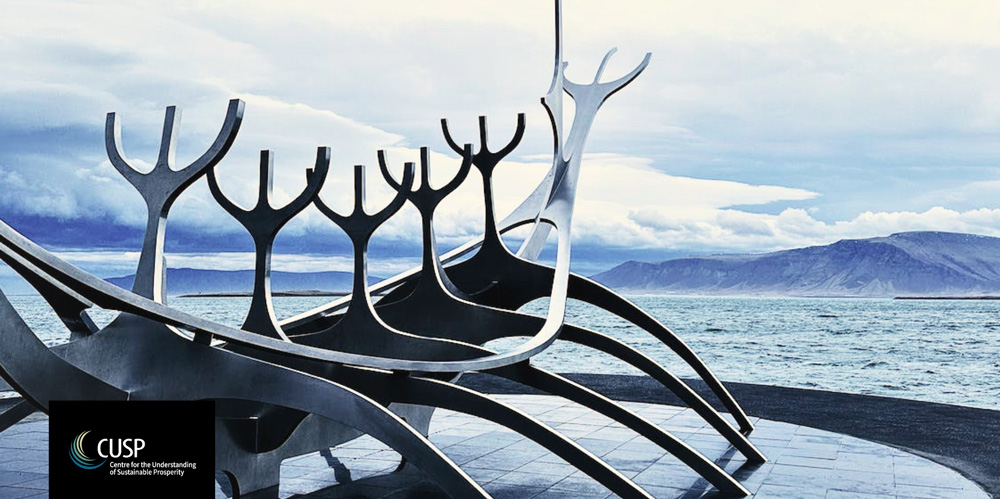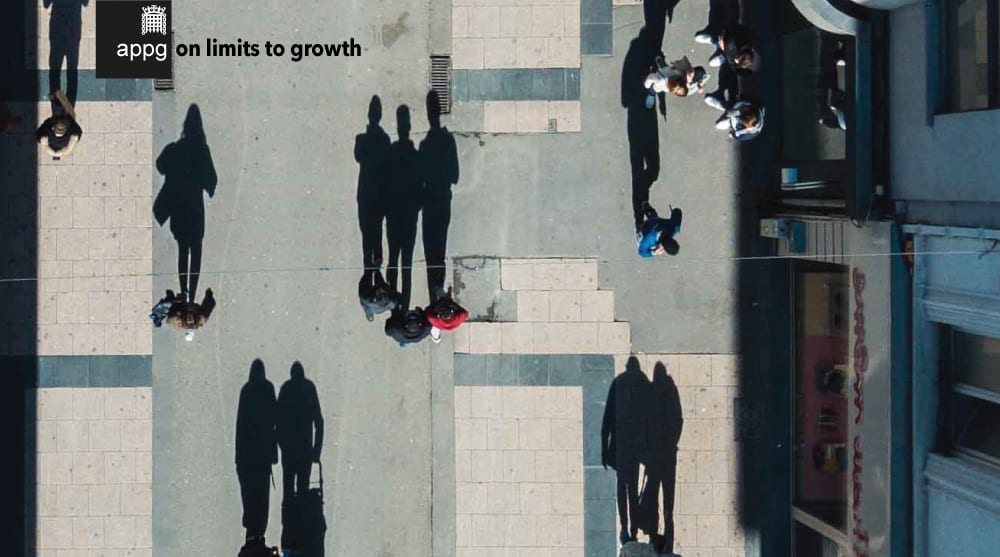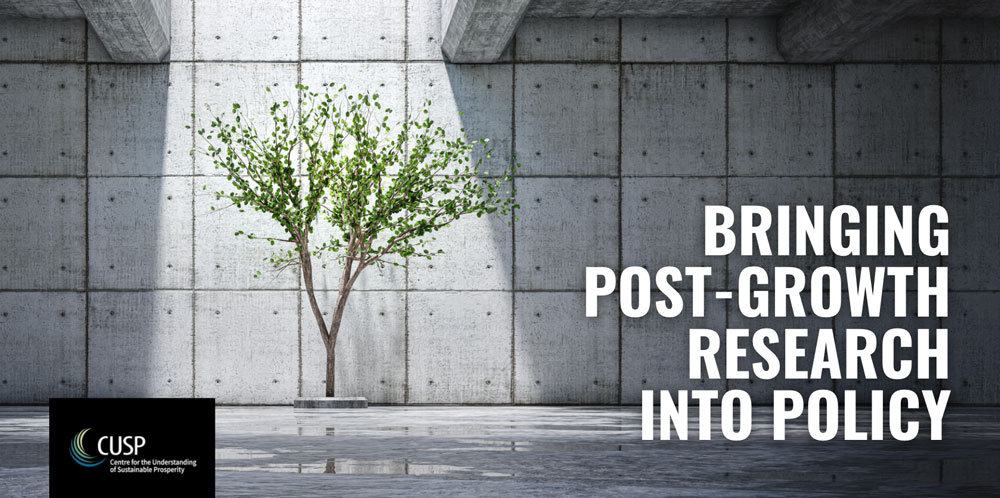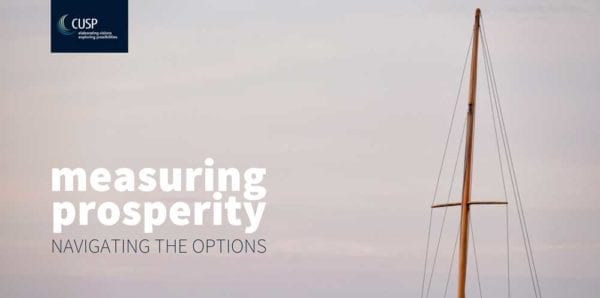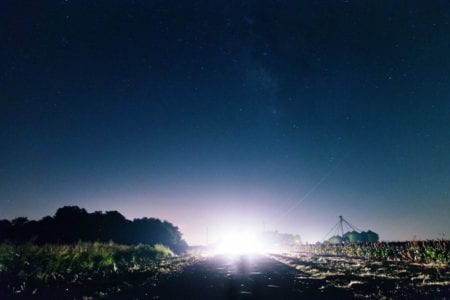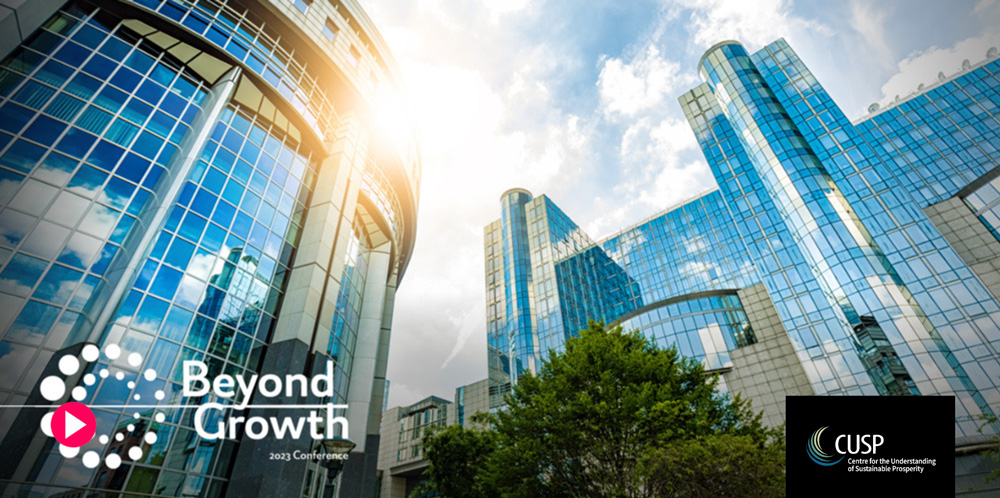WISE Horizons—Wellbeing, Inclusion, Sustainability and the Economy
As part of the Horizon Europe’s Transformation programme, CUSP researchers are collaborating with researchers from a range of global institutions to investigate key drivers and policy levers for a transition to a postgrowth economy. Over the next three years, WISE will synthesise existing postgrowth initiatives to develop a postgrowth national accounting framework focussed on inclusion and environmental justice.
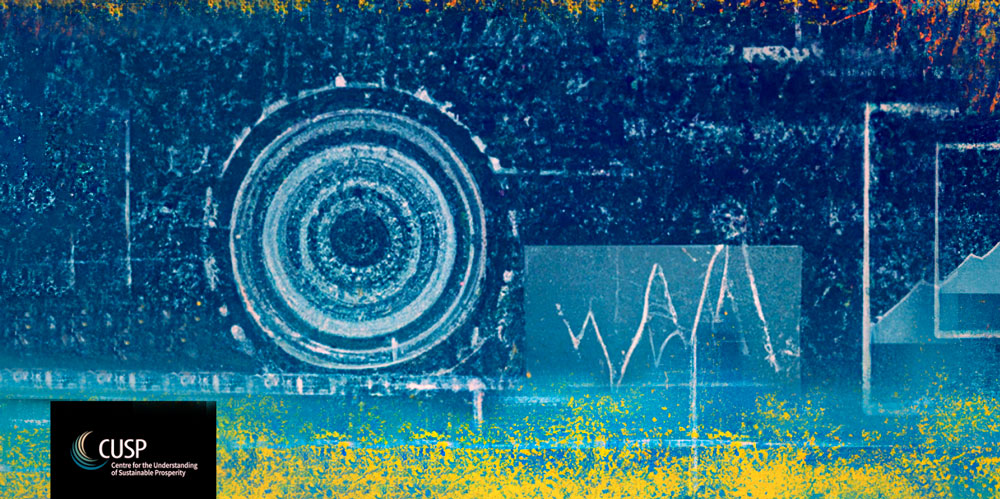
Contact
For inquiries about the project, please email info@cusp.ac.uk. The main website can be found at: wisehorizons.world
About
Productivity, sustainable wellbeing and the welfare state are three key themes in CUSP’s ongoing work into postgrowth economics. CUSP Researchers Lirong Liu, Simon Mair, Angela Druckman, Ben Gallant and Seán Fearon lead further investigation into these themes as part of a recently launched EU Horizon project: Wellbeing, Inclusion, Sustainability, and the Economy (WISE) Horizons.
As part of the Horizon Europe’s Transformation programme, the project is funded with 3 million euros. WISE will synthesise existing postgrowth initiatives to develop a postgrowth national accounting framework focussed on inclusion and environmental justice. Working with a variety of stakeholders, the accounting framework will be used to inform co-creation of future scenarios and models of post-growth transitions.
Project Management
The project is co-ordinated by the Institute for Environmental Sciences at Leiden University. Partners are the ZOE Institute for Future Fit Economies, Paris School of Economics, the Centre for the Understanding of Sustainable Prosperity (CUSP) at the Universities of Surrey and York, SINTEF, the Centre for Applied Research and Tsinghua University. Consortium members Tim Jackson and Thomas Piketty are supporting the project in advisory capacity.
CUSP Researchers will lead a work package developing models to understand how an economy can be designed within natural limits. This work package will ask:
- What kind of lifestyles fit within environmental limits, and what are the wellbeing impacts of these lifestyles?
- What is the relationship between sectoral productivity and the provision of sustainable lifestyles?
- How can we provide a welfare system within environmental limits?


